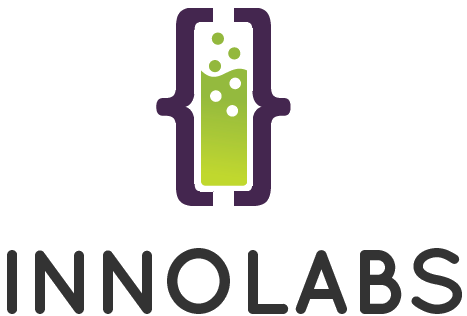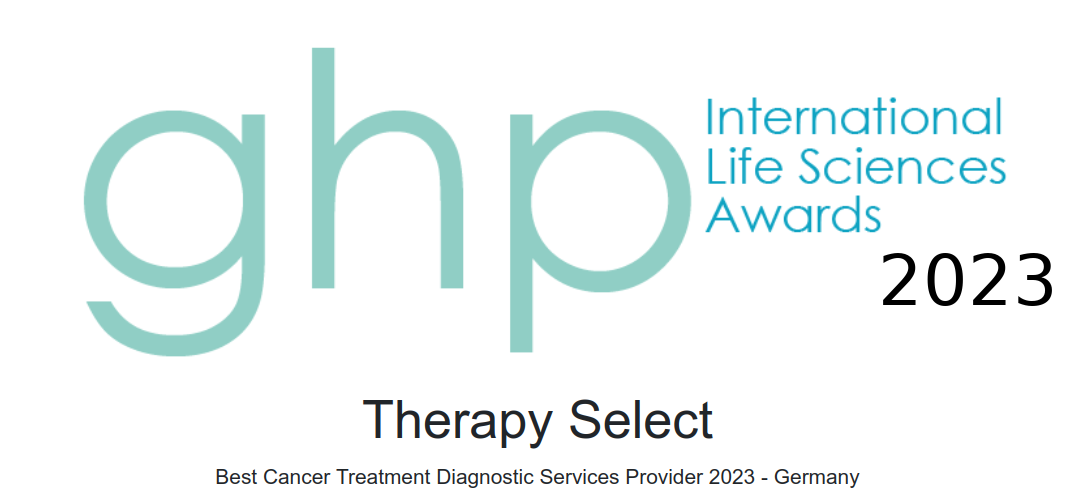Biomarker Analysis in Cancer Therapy
Due to progress in medicine over the last 20 years, doctors have a wide variety of anti-cancer-drugs to choose from. Accordingly, it has become a challenge to choose, for every patient, the medication they are most likely to benefit from. This is because even in tumors of similar origin, reaction to treatment may differ. Analysis of biomarkers can serve as a tool to map the molecular features of individual tumors and thereby provides valuable insights for choosing the right therapy options.
What are Biomarkers, and why are they relevant for Cancer Therapy?
A biomarker is a feature of a biological process that can be measured and / or quantified in an unbiased way, making it a good readout for analysis. For example, the morphology (the “looks”) of cancer cells have been used as a biomarker for many years to assess the therapy-relevant tumor grade.
Progress in molecular biology also allows for the analysis of so-called molecular-based biomarkers of cancer cells. These biomarkers describe changes in the molecules contained in a cell – DNA, RNA and proteins. For example, a specific change in genetic information (mutation) or the presence of a relevant protein can become a biomarker. As cancer cells originate from mutations, the analysis of molecular-based biomarkers can offer valuable insights into how a patient's cancer arose and how to best treat it.
Molecular-based Biomarkers in Cancer – Signposts for Therapy Choice
For physicians, biomarkes are especially relevant if their presence coincides with success or failure of a given therapy. In other terms, the biomarker is associated with therapy outcome. These so-called predictive biomarkers can help assess whether this therapy is likely to be beneficial to a given patient.
For example, targeted cancer therapies exploit molecular differences between healthy and cancerous cells to kill the latter selectively. As a result, their efficacy is closely linked to the presence of these exact mutations. Vemurafenib (a selective inhibitor of the oncogene BRAF), for instance, is prescribed only when the cancer-promoting mutation BRAF V600E is present.
Yet, not only the outcome of targeted therapies, but also efficacy of chemotherapeutic drugs are associated with predictive biomarkers. Analzying these biomarkers, every tumor can theoretically be assigned an individual profile, which allows for conclusions regarding the efficacy of not one, but many anti-cancer drugs. We would like to put this diagnostic potential to good use.
Efficacy Testing of Anti-Cancer-Drugs by Molecular-based Biomarker Analysis
Biomarker profiles of cancer cells can be generated using different test formats. These methods differ in the types of biomarkers they analyze and in the origin of tumor material they use for it.
Often, patients diagnosed with cancer have a small part of their tumor removed for further assessment. These so-called tumor biopsies are stored by the hospital and are – if acquired recently – well-suited for molecular-based biomarker analysis. Most commonly, genomic biomarkers are analyzed – biomarkers which describe specific mutations in the genetic material of cancer cells.
-
The PCDx™-Test (Personalized Cancer Diagnostics) combines analysis of genomic biomarkers with testing of RNA and protein biomarkers. As a result, the test allows for efficiency testing of more anti-cancer-drugs than classic genome analysis: It is suited to predict in particular the efficiency of targeted cancer therapies.
In case of advanced cancer, genetic material of the tumor can also be acquired by isolating cancer DNA from patient blood. This method is called “liquid biopsy”.
-
The cancer DNA is then sequenced and genetic biomarkers assessed in tests like Guardant360®-Test (Guardant Health, Inc., distributed by TherapySelect) to help predicting the sensitivity of the tumor to targeted therapies. The Guardant360®-Test distinguishes itself by its highly sensitive DNA sequencing approach and by analyzing a large array of genetic biomarkers.
Molecular-based Biomarkers or Direct Efficacy Testing for Anti-Cancer-Drugs?
Analysis of molecular-based biomarkers is an indirect form of efficacy testing. The predictive power of a biomarker test, therefore, is strongly dependent on the strength of association between the presence of a biomarker and therapy outcome. To achieve exact and reliable predictions nevertheless, it may be necessary to analyze many molecular-based biomarkers, generating big amounts of data.
Alternatively, direct efficacy testing is possible by analyzing different microtumor-based biomarkers. One of these biomarkers is chemosensitivity, which describes susceptibility of cancer cells to anti-cancer-drugs.
-
Chemosensitivity tests, like our company's CTR-Test®, are used to detect whether a patient's cancer cells are able to proliferate in the presence of the anti-cancer-drugs intended for therapy. This method is especially suited to detect resistances of cancer cells to anti-cancer-drugs in advance.
Further reading
For more information about cancer diagnostics and TherapySelect's diagnostic services, please continue reading in "Which test for whom?"



